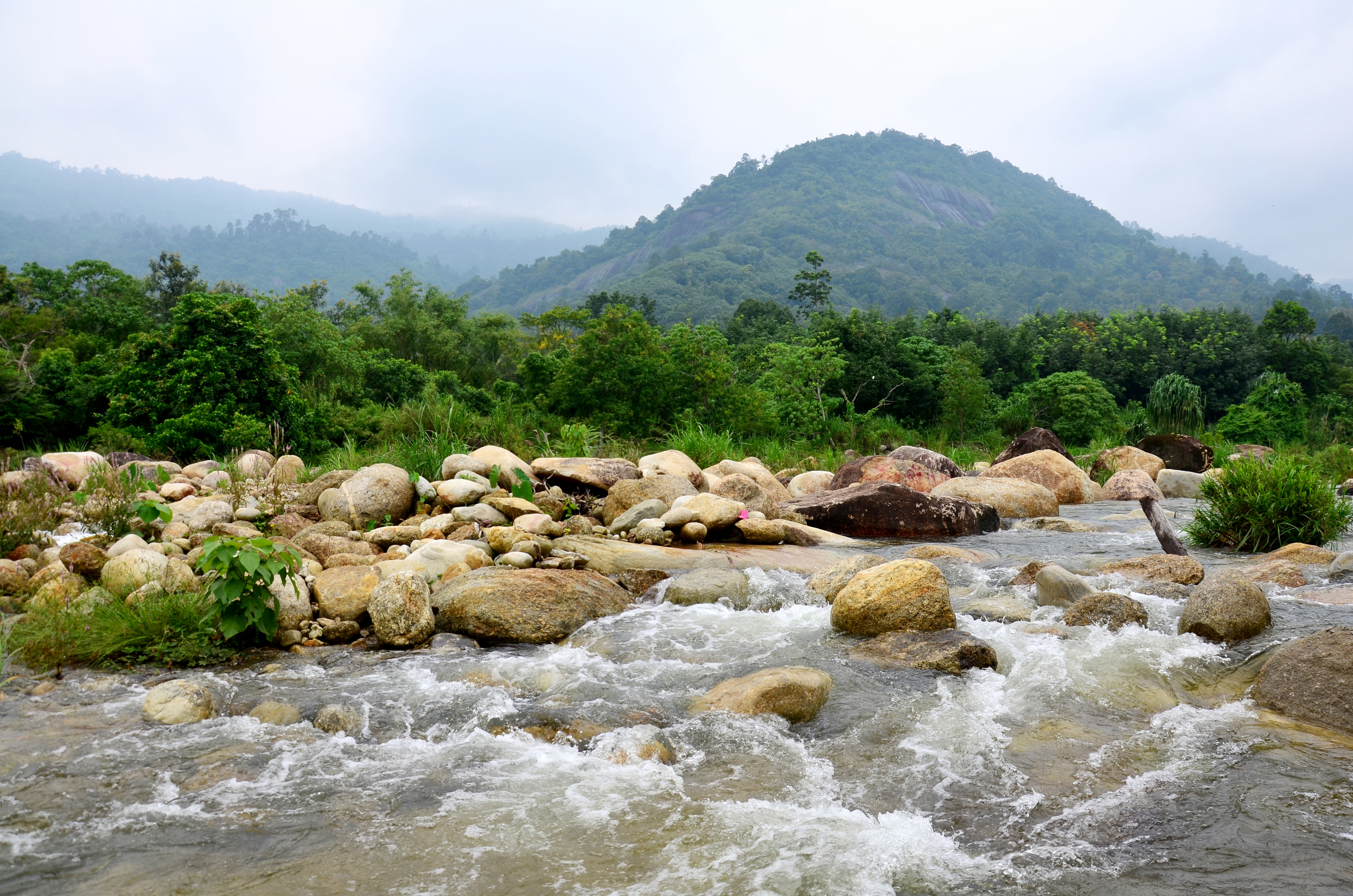Case study
Assessing Conditions and Trends of Ecosystem Services of Thadee watershed, Nakhon Si Thammarat Province

The ECO-BEST project, co-funded by the EU, German government (GIZ) and Thailand (Department of National Parks, Wildlife and Plant Conservation and Kasetsart University), worked with scientists to quantify water yield and sediment load according to different land-use and rainfall scenarios between 2009 and 2020 in the Thadee watershed located in southern Thailand (Trisurat, 2013). The CLUE-s (Conversion of Land Use and its Effects) model was used to allocate future land demands based on two scenarios – agriculture development and conservation. In addition, InVEST (Integrated valuation of ecosystem services and trade-offs) and USLE (Universal Soil Loss Equation) models were employed to estimate water yield and soil erosion respectively. Water from the watershed is mainly used for agriculture by upstream farmers and household consumption by downstream people in the Nakhon Srithammarat municipality. However, natural forests in the watershed have been degraded and transformed to monocultures (fruit trees and rubber plantations) due to a governmental subsidy programme.